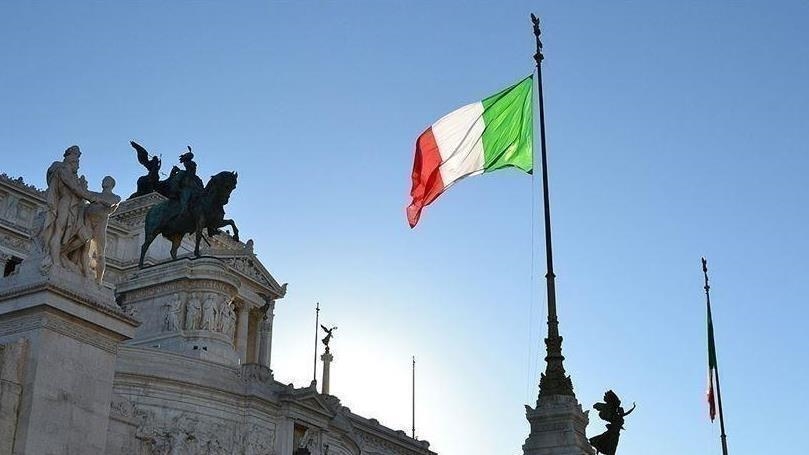Italy exits China’s Belt and Road initiative
In a letter given to the Chinese government three days ago, Rome informed Beijing it won’t renew pact, Italian media reports

ROME
Italy has officially informed China that it has decided to leave the landmark Belt and Road Initiative (BRI), local media reported on Wednesday.
Italy was the first and only G-7 country to join the program in 2019, raising concerns from the US that it would enable China to gain control of key technologies and sensitive infrastructures.
The right-wing government of Prime Minister Giorgia Meloni, which took office last year, had openly said it was considering exiting the agreement signed with Beijing, under which Chinese banks and companies planned to build everything from power plants, railways, highways and ports to telecommunications infrastructure, fiber-optic cables, and smart cities around the world.
With its five-year memorandum of understanding up for renewal in March 2024, Italy had repeatedly expressed frustration over the initiative’s unmet promises.
Under the original agreement, the two parties could end the deal after five years, otherwise, the partnership would get extended for another five-year term. Italy had until the end of 2023 to inform China on whether it wanted to end the deal.
According to Italian daily Il Corriere della Sera, Beijing was given three days ago a letter informing the government that Rome would not be renewing the pact.
The EU itself has come to view the BRI as a serious challenge.
In response to the BRI, the EU created in 2021 what it dubbed the Global Gateway, described as “the EU’s positive offer to partner countries in support of their resilience and sustainable development.”
The EU pledged to invest €300 billion ($350 billion) between 2021 and 2027 in projects ranging from fighting climate change to health, energy, transport, infrastructure and digitalization.
European funding pales in comparison to the more than $2 trillion that Beijing has poured into overseas construction projects and various forms of investment over the past two decades.
Anadolu Agency website contains only a portion of the news stories offered to subscribers in the AA News Broadcasting System (HAS), and in summarized form. Please contact us for subscription options.







